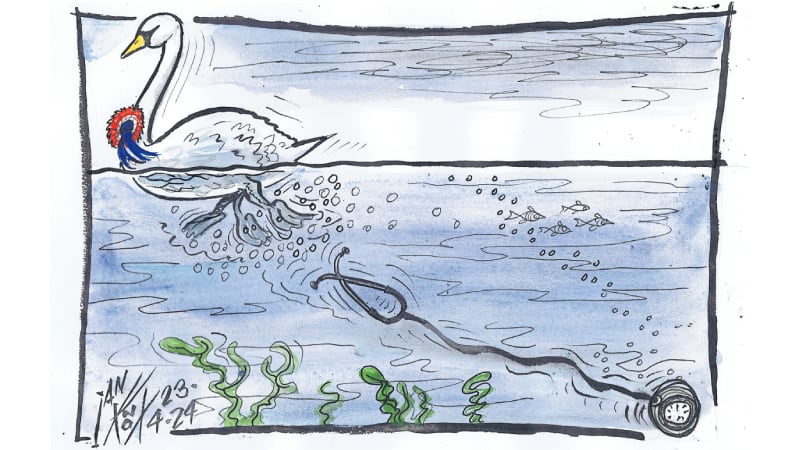RADICAL plans to overhaul the health service and tackle dire waiting lists are not new to Northern Ireland.
Proposals to shake up and "transform" a ridiculously bureaucratic system with too many hospitals and medical expertise spread too thinly date back 20 years to the late Maurice Hayes and his landmark review to centralise care.
Compton, Donaldson and Bengoa reviews all followed, featuring the same findings and recommending a complete overhaul amid warnings of patient outcomes becoming seriously affected if change was not enacted.
What is different about yesterday's 'roadmap' document is that its publication comes in the grip of a pandemic -coupled with major political instability.
The record high waiting lists now synonamous with the north have only been exacerbated by Covid-19, with a spotlight shone on an already creaking healthcare system.
On paper, the detailed five-year proposals signed off by health minister Robin Swann show a commitment to "banishing" the crisis that has left more than 300,000 people facing lengthy delays for hospital assessments and life-changing medical treatment.
When former health minister Michelle O'Neill introduced a similar 10-year "vision" in October 2016, her plans came crashing down within three months following the collapse of Stormont.
During that three-year period without powersharing and when civil servants were at the helm, waiting lists rocketed and increasing numbers turned to the private sector for care, with many even flying abroad for vital treatment.
If the institutions fall again, Robin Swann's blueprint is at serious risk of not securing the funding required from Westminster - as was the case with Ms O'Neill.
However, if the devolved structures stay put, the onus will be on politicians to agree to some unpalatable measures that will not go down well with voters ahead of looming Assembly elections.
It was Stormont decision makers who over the past 15 years have failed to follow through on multiple independent reviews - while at the same time made catastrophic cuts to nurse training places and poor workforec planning that ultimately led to a haemorrhaging workforce.
Back in 2001, Mr Hayes warned the "status quo was not an option" and that a "systems collapse" was on the horizon - with people "crying out" for decisive action.
Twenty years on, it's fair to say that collapse has happened for hundreds of thousands of patients as well as overstretched frontline staff emerging from a pandemic.
The need for change and political "decisive action" to bring about that change has never been more pressing.








